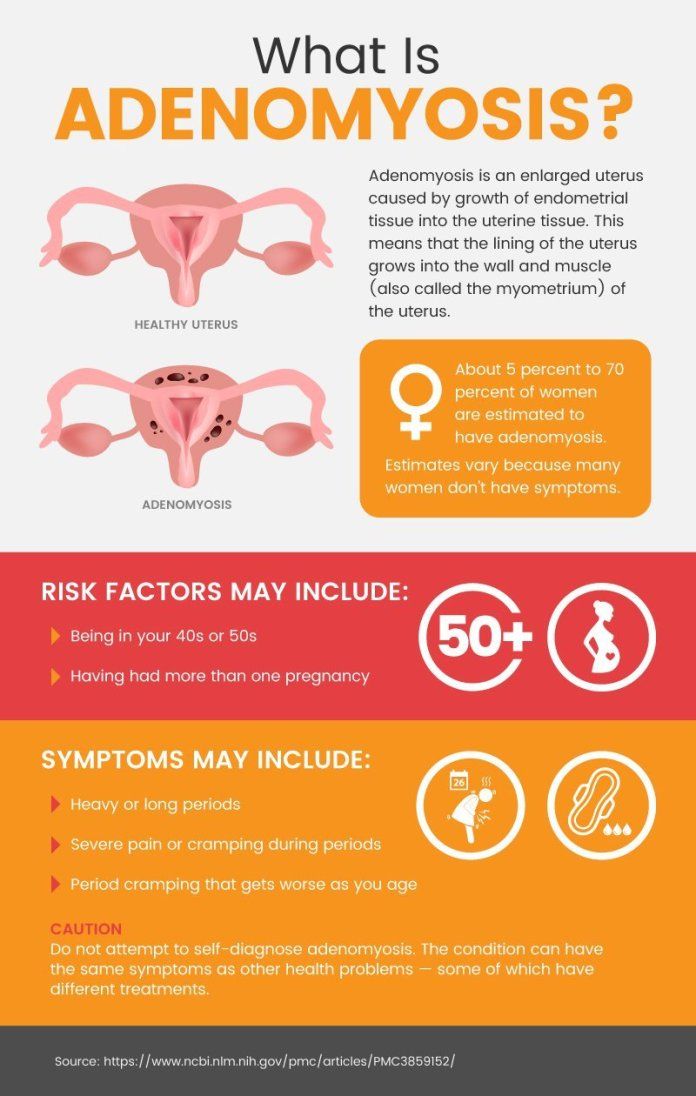Conceive a healthy baby
Planning for Pregnancy | Preconception Care
If you are trying to have a baby or are just thinking about it, it is not too early to start getting ready for pregnancy. Preconception health and health care focus on things you can do before and between pregnancies to increase the chances of having a healthy baby. For some people, getting their bodies ready for pregnancy takes a few months. For other people, it might take longer. Whether this is your first, second, or sixth baby, the following are important steps to help you get ready for the healthiest pregnancy possible.
1. Make a Plan and Take Action
Whether or not you’ve written them down, you’ve probably thought about your goals for having or not having children, and how to achieve those goals. For example, when you didn’t want to have a baby, you used effective birth control methods to achieve your goals. Now that you’re thinking about getting pregnant, it’s really important to take steps to achieve your goal [PDF – 764 KB]—getting pregnant and having a healthy baby!
Preventive health care can help you stay healthier throughout your life.
2. See Your Doctor
Before getting pregnant, talk to your doctor about preconception health care. Your doctor will want to discuss your health history and any medical conditions you currently have that could affect a pregnancy. They may want to discuss any previous pregnancy problems, medicines you currently are taking, vaccinations you might need, and steps you can take before pregnancy to help prevent certain birth defects.
Take a list of talking points so you don’t forget anything. Be sure to talk to your doctor about:
Medical Conditions
If you currently have any medical conditions, be sure they are under control and being treated. Some of these conditions include: sexually transmitted diseases (STDs), diabetes, thyroid disease, high blood pressure, and other chronic diseases.
Lifestyle and Behaviors
Talk with your doctor or another health professional if you smoke, drink alcohol, or use certain drugs; live in a stressful or abusive environment; or work with or live around toxic substances.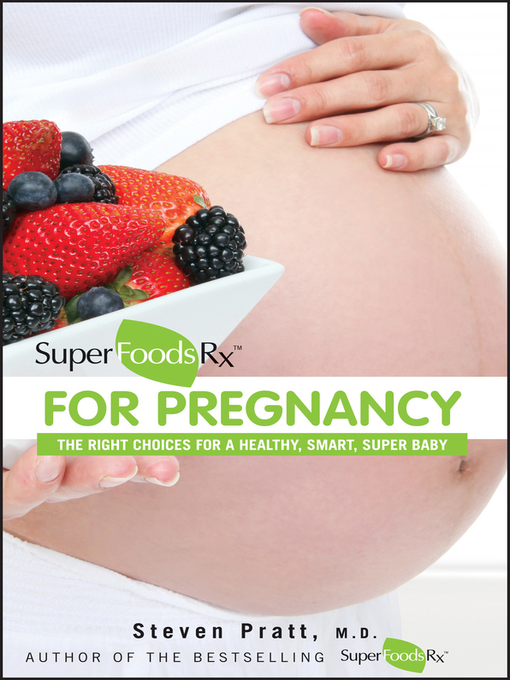 Health care professionals can help you with counseling, treatment, and other support services.
Health care professionals can help you with counseling, treatment, and other support services.
Medications
Almost every pregnant person will face a decision about taking medicines before and during pregnancy. Talk to your healthcare providers before starting or stopping any medicines. Be sure to discuss the following with your healthcare providers:
- All medicines you take, including prescriptions, over-the-counter medicines, herbal and dietary supplements, and vitamins
- Best ways to keep any health conditions you have under control
- Your personal goals and preferences for the health of you and your baby
Vaccinations (shots)
Some vaccinations are recommended before you become pregnant, during pregnancy, or right after delivery. Having the right vaccinations at the right time can help keep you healthy and help keep your baby from getting very sick or having lifelong health problems.
3. Take 400 Micrograms of Folic Acid Every Day
Folic acid is a B vitamin. CDC urges all people who can become pregnant to take 400 micrograms (mcg) of folic acid each day, in addition to consuming food with folate from a varied diet, to help prevent some major birth defects of the baby’s brain (anencephaly) and spine (spina bifida).
CDC urges all people who can become pregnant to take 400 micrograms (mcg) of folic acid each day, in addition to consuming food with folate from a varied diet, to help prevent some major birth defects of the baby’s brain (anencephaly) and spine (spina bifida).
Learn more about folic acid »
4. Stop Drinking Alcohol, Smoking, and Using Certain Drugs
Smoking, drinking alcohol, and using certain drugs can cause many problems during pregnancy, such as premature birth, birth defects, and infant death.
If you are trying to get pregnant and cannot stop drinking, smoking, or using drugs, contact your healthcare provider, local Alcoholics Anonymous, or local alcohol treatment center.
Alcohol and Drug Resources
Substance Abuse Treatment Facility Locator
The Substance Abuse and Mental Health Services Administration (SAMHSA) has a treatment facility locator. This locator helps people find drug and alcohol treatment programs in their area.
Alcoholics Anonymous (A. A.)
A.)
Alcoholics Anonymous® is a fellowship of men and women who share their experiences, strengths, and hopes with each other so that they can solve their common problem and help others to recover from alcoholism. Locate an A.A. program near you.
Learn more about alcohol and pregnancy »
Smoking Resources
1-800-QUIT-NOW (1-800-784-8669)
Learn more about smoking during pregnancy »
5. Avoid Toxic Substances and Environmental Contaminants
Avoid harmful chemicals, environmental contaminants, and other toxic substances such as synthetic chemicals, metals, fertilizer, bug spray, and cat or rodent feces around the home and in the workplace. These substances can hurt the reproductive systems of men and women. They can make it more difficult to get pregnant. Exposure to even small amounts during pregnancy, infancy, childhood, or puberty can lead to diseases. Learn how to protect yourself and your loved ones from toxic substances at work and at home.
Learn about the effects of toxic substances on reproductive health »
Learn how CDC tracks Children’s Environmental Health »
6.
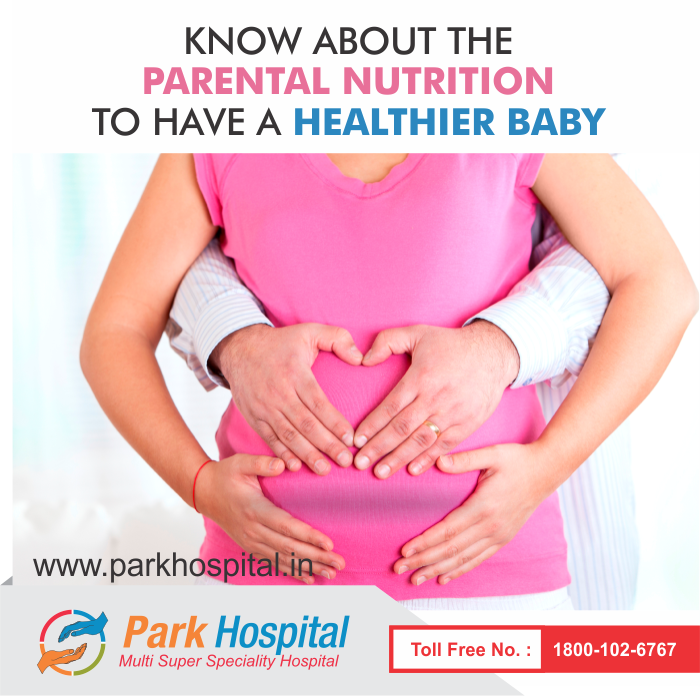 Reach and Maintain a Healthy Weight
Reach and Maintain a Healthy WeightPeople who are overweight or obese have a higher risk for many serious conditions, including complications during pregnancy, heart disease, type 2 diabetes, and certain cancers (endometrial, breast, and colon).1 People who are underweight are also at risk for serious health problems.2
The key to achieving and maintaining a healthy weight isn’t about short-term dietary changes. It’s about a lifestyle that includes healthy eating and regular physical activity.
If you are underweight, overweight, or obese, talk with your doctor about ways to reach and maintain a healthy weight before you get pregnant.
Learn more about healthy weight »
7. Learn Your Family History
Collecting your family’s health history can be important for your child’s health. You might not realize that your sister’s heart defect or your cousin’s sickle cell disease could affect your child, but sharing this family history information with your doctor can be important.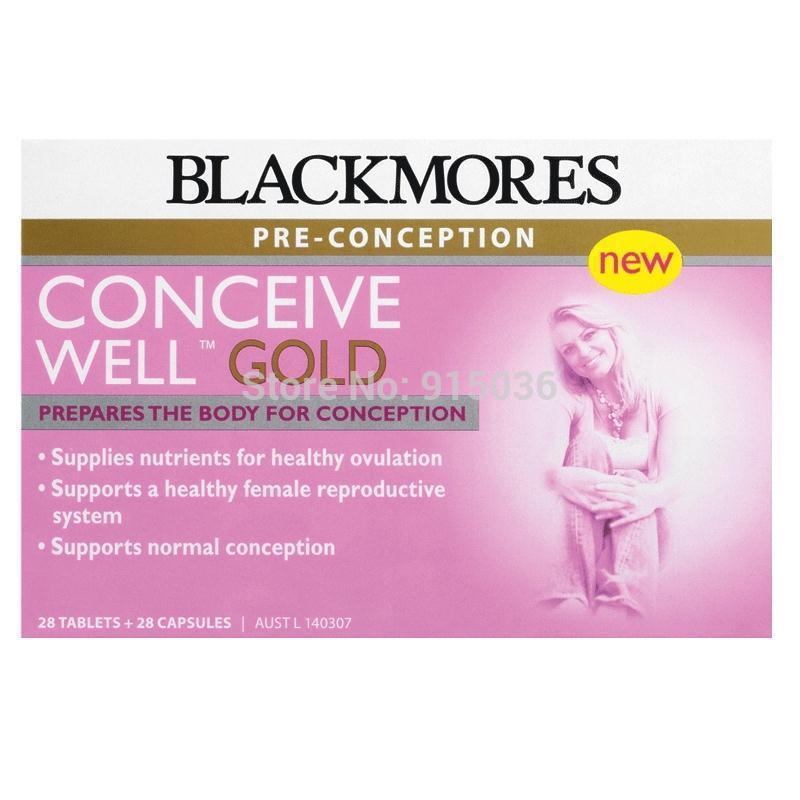
Other reasons people go for genetic counseling include having had several miscarriages, infant deaths, trouble getting pregnant (infertility), or a genetic condition or birth defect that occurred during a previous pregnancy.
Learn more about family history »
Learn more about genetic counseling »
8. Get Mentally Healthy
Mental health is how we think, feel, and act as we cope with life. To be at your best, you need to feel good about your life and value yourself. Everyone feels worried, anxious, sad, or stressed sometimes. However, if these feelings do not go away and they interfere with your daily life, get help. Talk with your doctor or another health professional about your feelings and treatment options.
Learn about mental health »
Learn about depression »
References
- NIH, NHLBI Obesity Education Initiative. Clinical Guidelines on the Identification, Evaluation, and Treatment of Overweight and Obesity in Adults. Available online:
http://www. nhlbi.nih.gov/guidelines/obesity/ob_gdlns.pdf (PDF-1.25Mb)
nhlbi.nih.gov/guidelines/obesity/ob_gdlns.pdf (PDF-1.25Mb) - Moos, Merry-K, et al. Healthier women, healthier reproductive outcomes: recommendations for the routine care of all women of reproductive age. AJOG Volume 199, Issue 6, Supplement B , Pages S280-S289, December 2008.
Conceiving a baby - Better Health Channel
Most women under the age of 40 years who want to become pregnant (conceive) will achieve this within 12 months of starting to try. Here we explain how you can improve your chances of getting pregnant and having a healthy baby.
Planning for a baby
If you are planning to become pregnant, it’s important that you and your partner (if you have one) are as healthy as possible before you start trying. Your GP can help with a pre-conception health check .
A pre-conception health check usually includes:
- a medical history and a general examination
- blood tests to check your haemoglobin level, blood group, immunity for German measles (rubella) and chickenpox (varicella), hepatitis B and human immunodeficiency virus (HIV)
- tests for any sexually transmissible infection (STI)
- advice about lifestyle changes that will improve the chance of pregnancy and the health of the baby (lifestyle factors you may need to change include your weight, physical activity, alcohol consumption, recreational drug use, and whether you smoke)
- advising about folate and iodine supplements before conception and during pregnancy for the health of your baby
- referral to a specialist if either partner has a pre-existing medical condition that might affect the chances of pregnancy, or pregnancy health
- a review of any prescription medicines either partner may be taking
- referral for genetic counselling if needed
- information about health services and choices of pregnancy care.

Your Fertility has some useful fact sheets about how to best prepare for pregnancy. On the Your Fertility website you can complete the Healthy Conception Tool for personalised information about what you can do to improve your pre-conception health.
Timing and conception
To conceive, you need to have sex in the five days before you ovulate, or on the day you ovulate. This is called the ‘fertile window’. When the fertile window occurs depends on the length of your menstrual cycle.
Most women know when ovulation is approaching because they notice changes in their normal vaginal discharge, which becomes clear and slippery. Learn more about the fertile window and work out when yours occurs.
Age, fertility and conception
The most important factor for the chance of getting pregnant and having a healthy baby is the woman’s age. Fertility starts to slowly decline around age 32. By age 35, the fertility decline speeds up and by age 40, fertility has fallen by half.
The effect of men’s age on fertility is less dramatic but is an important factor too. Men aged 45 and older are less fertile, and some health conditions are more common in children with older fathers.
Find out more about the effects of age on fertility and pregnancy health.
Weight, fertility and conception
Being overweight or underweight can cause hormonal changes that interfere with ovulation and reduce fertility. On average, women who are obese take longer to conceive than women in the healthy weight range and are more likely to experience infertility.
In men, obesity can lower fertility. This is likely due to a combination of factors including hormone problems, problems with erection or other health conditions linked to obesity.
Find out more about the effect of weight on fertility and pregnancy health.
Diet, exercise and conception
There is no special diet that improves the odds of conception, but a healthy range of foods that includes lots of fresh fruits, vegetables and lean meats is recommended.
Vitamins and minerals (micronutrients) are essential for the body to function. Read more about the benefits of vitamins and minerals for fertility and pregnancy health, including folate, iodine, vitamin D, zinc and selenium supplements.
Regular exercise also improves fertility. Australian and international guidelines recommend you do at least 30 minutes of moderate-intensity physical activity – such as brisk walking, gardening or dancing – on most but preferably all days of the week. If possible, do some vigorous activity – such as running, fast cycling or fast swimming – every week as well.
For men and women who are overweight or obese, exercise can help to prevent further weight gain or achieve a modest weight loss that improves general health and fertility.
As part of weight management, international guidelines recommend that overweight or obese adults do 225-300 minutes of moderate-intensity exercise every week (this works out to about 35-45 minutes per day).
Tobacco, alcohol and drug use and conception
Tobacco, alcohol or recreational drug use reduces the chance of becoming pregnant. If you become pregnant and continue to smoke, drink alcohol or use recreational drugs, it can affect the health of your baby at birth and into adulthood.
Smoking and pregnancy
Smoking in pregnancy or exposure to second-hand smoke reduces fertility and increases the risk of pregnancy complications. To improve your own health and give your baby the best start in life, quit smoking before you try for a baby, and encourage your partner to do the same.
Quitting smoking can be very difficult, but there is help available. Read about the benefits of quitting and visit Quit for advice about how to kick the habit.
Alcohol and pregnancy
Alcohol can reduce both male and female fertility; even drinking lightly can reduce the likelihood of conception. In men, alcohol can impair fertility because it can cause impotence, reduce libido and affect sperm quality.
It is not clear what effect drinking small amounts of alcohol can have on unborn babies, but it is well known that high alcohol consumption can be harmful. The more alcohol consumed, the higher the risk to the unborn baby.
Binge drinking (more than six standard drinks on one occasion) can cause miscarriage, stillbirth, premature birth, small birth weight, and foetal alcohol spectrum disorder ( FASD).
If you are pregnant or planning a pregnancy, not drinking alcohol is the safest option.
Drug use and pregnancy
Prescription medication and recreational drug use can potentially affect the health of the unborn baby. If you take prescription medication, speak to your pharmacist or doctor before trying for a baby.
Having trouble conceiving?
If you haven’t conceived within 12 months, there may be a fertility problem. About one in seven couples in Australia experiences infertility.
Fertility difficulties can be due to:
- female fertility problems (about 40 per cent)
- male fertility problems (about 40 per cent)
- both male and female fertility problems (about 10 per cent)
- unknown cause (about 10 per cent).
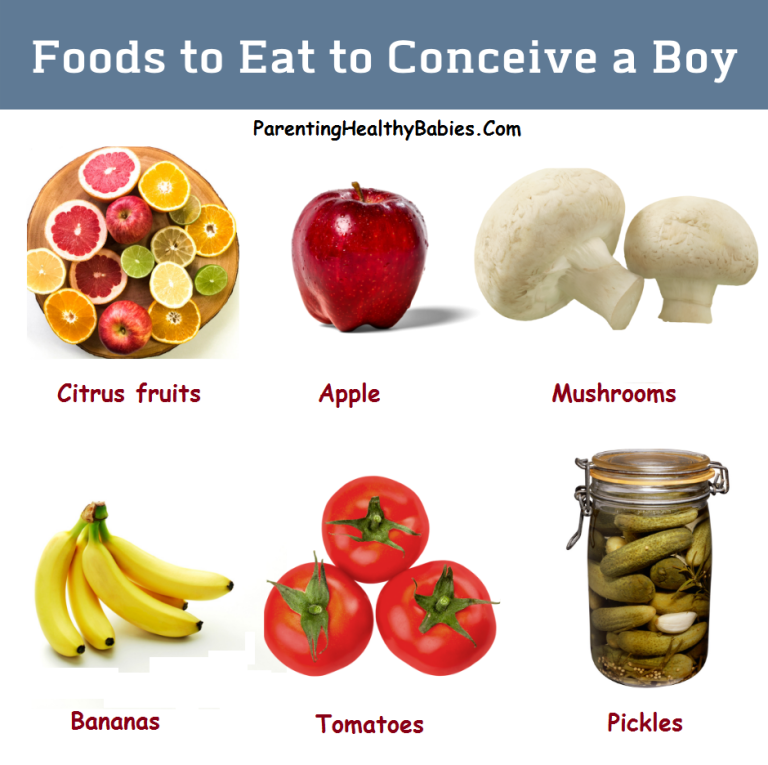
Female fertility problems include:
- problems with ovulation, including polycystic ovary syndrome (PCOS)
- blocked fallopian tubes
- endometriosis.
Male fertility problems include:
- poor sperm quality
- blockage of the spermatic cord, which is the tube that transports the sperm from the testis to the penis
- ejaculation disorders.
If you have trouble getting pregnant, talk with your GP who can refer you for tests to find out the cause of your problem. Find more information about causes of infertility and treatment options from the Victorian Assisted Reproductive Treatment Authority.
Where to get help
- Your GP (doctor)
- Jean Hailes for Women’s Health
- Fertility Society of Australia and New Zealand
- Healthy Male
- Your Fertility
- Victorian Assisted Reproductive Treatment Authority Tel. (03) 8601 5250
- Direct Line – drug and alcohol counselling, information and referral service Tel.
 1800 888 236
1800 888 236 - Alcohol and Drug FoundationTel: 1300 85 85 84
- Women’s Alcohol and Drug Service, the Royal Women’s Hospital Tel. (03) 8345 3931
- Quitline Tel. 13 78 48
- Billings LIFE Tel. 1800 335 860
How to prepare for conception?
Pregnancy planning is really necessary, especially in our time, when a healthy woman is the exception rather than the rule. Not to mention the fact that pregnancy is a serious test for the body of even a perfectly healthy woman.
It can be said that entering into a pregnancy without prior preparation for it is the same as flying on an airplane that has not been checked in advance: maybe it will cost, or maybe not. Of course, aircraft are tested before each flight. So why does a woman, ready to give birth to a new human being, not always conduct a similar check of her body? After all, the price of her neglect of herself and her health can be the life of the unborn child.
The process of preparing for pregnancy is quite complex and includes several stages. It is worth starting planning a few months (at least three) before the time when the couple intends to conceive a baby.
It is worth starting planning a few months (at least three) before the time when the couple intends to conceive a baby.
And at the stage of pregnancy planning , it is necessary to understand that the bearing and birth of a baby is not a woman's business, but a married couple's. Therefore, the active participation of the father in planning pregnancy is extremely necessary and important for himself, and for his wife, and for the unborn baby.
Without the help of doctors, it will not be possible to manage even at this stage. A visit to the gynecologist will allow you to identify possible diseases and treat them in a timely manner. After the first appeal, future parents undergo several examinations and pass certain tests in order to find out how ready their bodies are for conceiving a baby, as well as to prevent possible problems when carrying a child. The gynecologist will tell you what to do if, before planning a pregnancy, a woman was protected with hormonal contraceptives.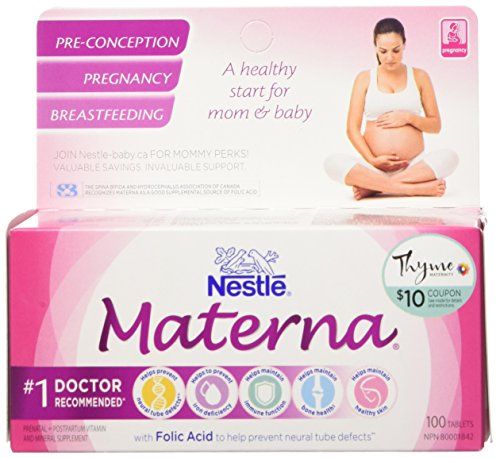 It is necessary to stop taking hormonal contraceptives 3 months before the planned pregnancy.
It is necessary to stop taking hormonal contraceptives 3 months before the planned pregnancy.
It is important for a future mother to understand that only a healthy woman can bear and give birth to a healthy baby. In this regard, you need to start taking care of your own health long before conception. Good physical shape, the absence of diseases, proper nutrition and the rejection of bad habits, hygiene and a measured lifestyle - all this has a beneficial effect on the female body and subsequently makes it easier to endure pregnancy. However, not all vitamins can be obtained from food. For example, the body can only obtain folic acid in an artificial form, since its counterpart (folate), found in green vegetables, beans, asparagus, and citrus fruits, is much less absorbed. Folic acid is very important for the development of the baby to take place correctly, and the need for its intake exists throughout pregnancy. If the mother's body during the bearing of the child receives a sufficient amount of this substance, then the risk of pathology from the nervous system is minimized.
What tests should a married couple undergo
before planning a pregnancy?
- Gynecological examination, colposcopy for women.
- Blood type, Rh factor for both spouses. If a woman has a positive Rh factor, there is no problem. If a woman has a negative Rh factor - antibodies to the Rh factor (even if a man is also negative). If they are positive, pregnancy is not currently possible and needs to be corrected. If negative - repeat this analysis once a month, starting from 8 weeks of pregnancy. If a woman has 1 group, and a man has any other group, incompatibility by blood types is possible. An analysis for group antibodies, as well as an analysis for antibodies to the Rh factor, is carried out once a month, starting from 8 weeks of pregnancy.
- Tests for infections: routine smear, PCR for latent infections - both spouses.
- Blood test for TORCH-complex. Antibodies to rubella, toxoplasma, herpes, CMV, chlamydia - quantitative analysis (with titer).
 The presence of IgG antibodies means immunity to these infections, and is not an obstacle to pregnancy. The presence of IgM means an acute stage, planning in this case must be postponed until recovery. If there are no IgG antibodies to rubella, it is necessary to be vaccinated and protected for another 3 months after it.
The presence of IgG antibodies means immunity to these infections, and is not an obstacle to pregnancy. The presence of IgM means an acute stage, planning in this case must be postponed until recovery. If there are no IgG antibodies to rubella, it is necessary to be vaccinated and protected for another 3 months after it. - A trip to the dentist, a therapist, chest x-ray is a must for both spouses. By appointment of the therapist - consultation of narrow specialists (ENT doctor, urologist, endocrinologist, cardiologist, gastroenterologist).
- Spermogram. Desirable, but not required. It is done to determine the quality of spermatozoa and identify a hidden inflammatory process (a much more informative analysis than any smears and PCR).
- Ultrasound of the pelvic organs - at least 2 times per cycle: after menstruation and before menstruation. For the first time, the general condition of the pelvic organs is assessed, in the second, the presence of a corpus luteum and endometrial transformation, indicating that ovulation has occurred.
 Ideally, an intermediate third ultrasound on the eve of the expected ovulation is to detect the dominant follicle.
Ideally, an intermediate third ultrasound on the eve of the expected ovulation is to detect the dominant follicle. - Blood test for hormones of the reproductive system, thyroid gland, adrenal glands - according to indications.
- Ultrasound of the thyroid gland, mammary glands - according to indications.
- Hemostasiogram, coagulogram. - according to indications.
- General clinical blood test (hemoglobin, erythrocytes, leukocytes, platelets, ESR, color index, leukocyte formula). Finger blood. General urinalysis (morning portion of urine - completely collected, it is important that the analysis does not include discharge from neighboring organs).
- Blood tests for syphilis, HIV, hepatitis B and C - for both spouses.
- If there was a case of hereditary diseases in the family, miscarriages, spontaneous miscarriages, seek advice from a medical genetic consultation (Krasnoyarsk Regional Consultative and Diagnostic Center for Medical Genetics, Krasnoyarsk, Molokova St.
 7, t. 55-99-20).
7, t. 55-99-20).
How to Conceive and Give birth to a healthy child?
People with blue eyes are more sensitive to pain than everyone else.
The age-old question of fathers and children will forever remain unresolved. But, despite all the misunderstandings between the older and younger generations, children want to see their parents happy and healthy, and moms and dads dream that their daughters and sons will never get sick. The health of the future generation, in addition to environmental factors, is strongly influenced by how the mother's pregnancy proceeded, how the parents felt, their chronic and hereditary diseases, the gene pool that adults pass on to their babies. Fortunately, many congenital diseases can be diagnosed at a very early stage and the child in this case will appear strong and healthy. Pregnancy and, what is important, preparation for it is a very crucial moment.
A lot of negative factors fall on the body of a modern person: from stress to bad ecology.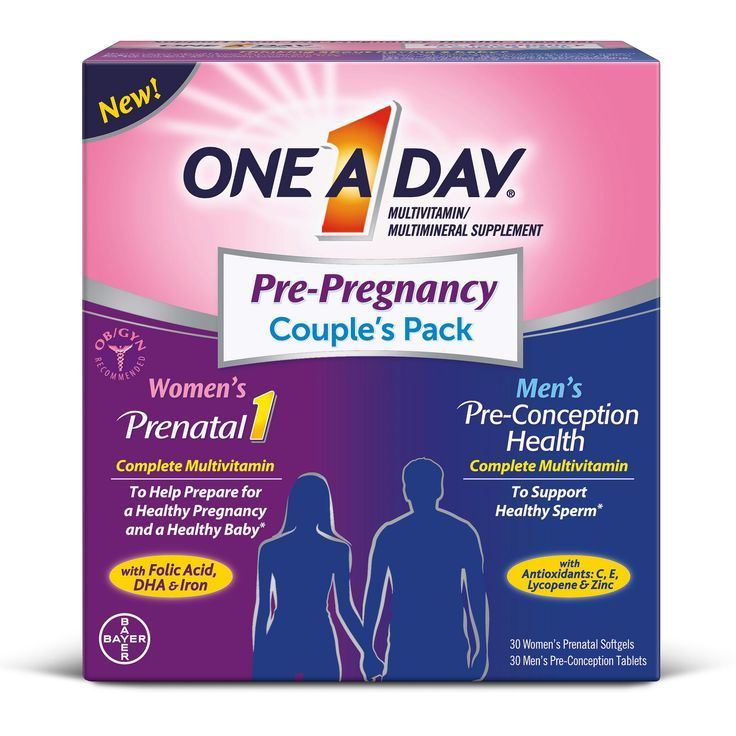 That is why family and children planning is better not to let it take its course. The human body is a smart system and looking for opportunities to survive even in the most difficult situations - nature arranged it that way, but no one can say for sure how these consequences will affect our children. We are often carriers of "hidden threats" and, in order not to transfer our diseases to the fragile children's shoulders, future parents should thoroughly prepare for the birth of their "cub".
That is why family and children planning is better not to let it take its course. The human body is a smart system and looking for opportunities to survive even in the most difficult situations - nature arranged it that way, but no one can say for sure how these consequences will affect our children. We are often carriers of "hidden threats" and, in order not to transfer our diseases to the fragile children's shoulders, future parents should thoroughly prepare for the birth of their "cub".
Examination before pregnancy
Elimination of all kinds of deviations in the health of future parents and undesirable factors in the environment can increase the possibility of having a healthy child.
Examination before conception increases the confidence of parents, this is a manifestation of concern for the future person. Naturally, the main attention is paid to the mother, but the father should not stand aside either, because the health of both parents affects the baby.
Infections affecting the fetus
There are many hidden infections that both father and mother can carry. Future parents may look healthy, but an infection "dormant" in the body of one person inevitably affects the development of the fetus. Intrauterine infections are a common cause of the development of abnormalities and even death of the child.
Microorganisms in fetal tissues do not always lead to the development of a disorder - their presence only increases the risk of developing abnormalities. This makes it possible to have a healthy baby even if the woman suffered any infectious disease during pregnancy.
The main ways of transmission of infection from mother to child are through the placenta or through the infected genital tract of a pregnant woman.
Rubella
The rubella virus is considered the most dangerous. In most cases, it is transmitted to the fetus, which is the cause of many disorders. Deafness, heart disease and cataracts - in this combination, rubella affects the newborn. Sometimes there are violations of the blood, physical development.
Sometimes there are violations of the blood, physical development.
The transmission of the virus is carried out by airborne droplets, the source is most often sick children. Rubella can lead to stillbirth and miscarriage. The most dangerous period for infection is up to 5 weeks, it is at this time that the risk of developing congenital malformations is highest.
You can not worry about the health of the future person if the mother suffered this disease in childhood or was vaccinated against it. Otherwise, it is necessary to take a blood test for antibodies to rubella as soon as possible. With a planned pregnancy, it is worth getting vaccinated and taking tests a few months in advance.
Herpes
Herpes is the least dangerous for the fetus. But, in the case when genital herpes worsens in a woman after 32 weeks of pregnancy, the risk increases significantly.
To prevent the baby from becoming infected at birth, most often in such a situation, a caesarean section is prescribed.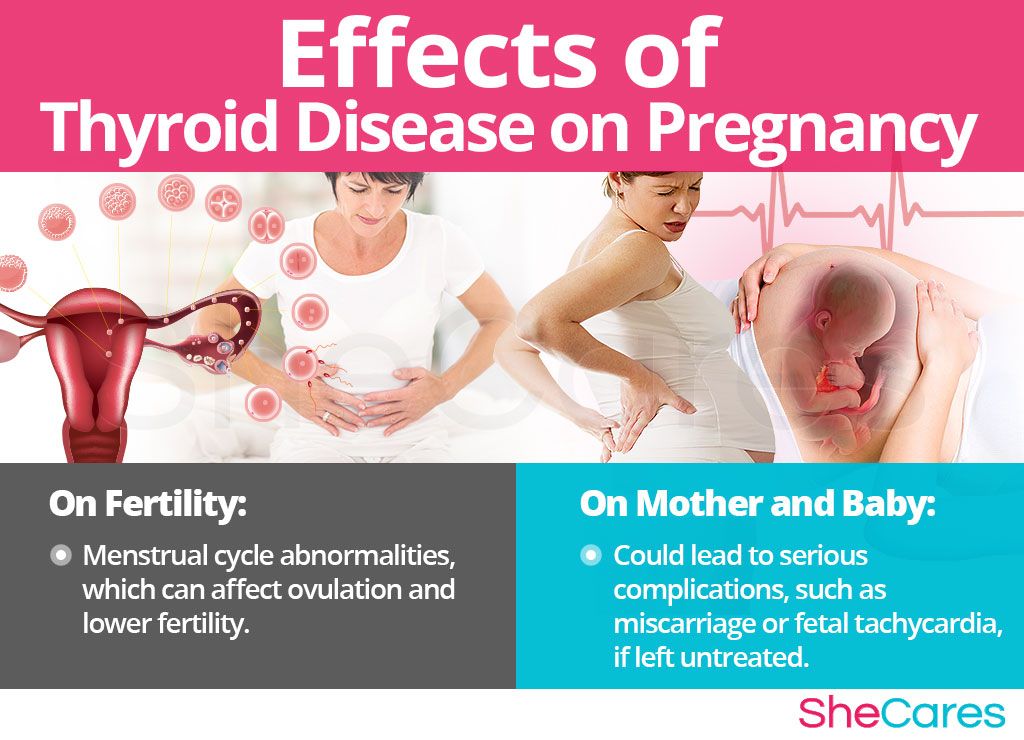 For peace of mind, the expectant mother can do a test to detect this virus.
For peace of mind, the expectant mother can do a test to detect this virus.
Influenza
In this case, it is no longer the virus that is dangerous, but its consequences that affect the kidneys and the cardiovascular and immune systems. The threat of miscarriage and premature birth - that's what the flu can threaten. In the early stages of fetal development (up to about 12), the virus has the most serious consequences, since during this period the most important organs of the little man are laid and develop. To prevent this disease, mothers need to increase their immunity and avoid the possibility of infection.
Toxoplasmosis
Immunity from this disease after its transfer remains for life. But, in the case when a woman has not experienced toxoplasmosis, the risk associated with this bacterial infection is the most dangerous for the expectant mother and her child. You can become infected through simple contact with a cat, or by eating an infected piece of meat.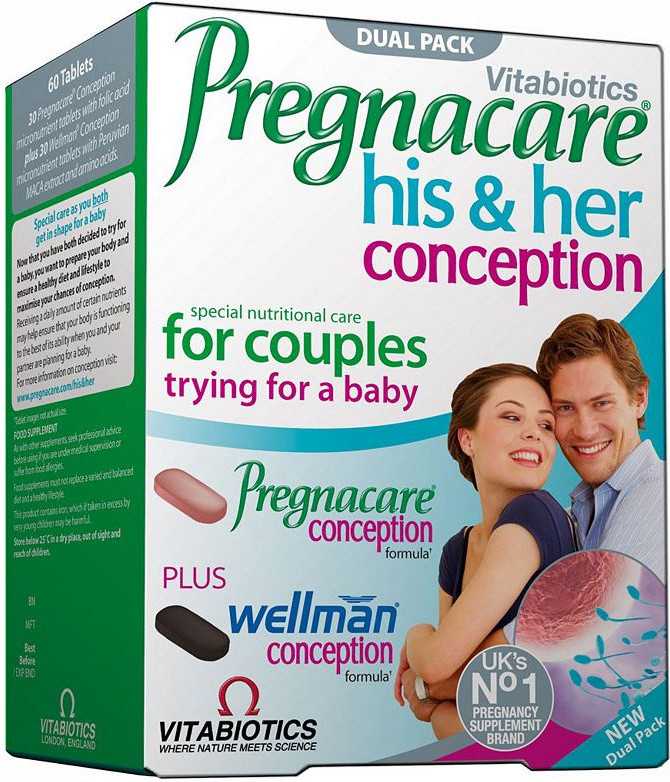
With the duration of pregnancy, the risk of toxoplasmosis increases. If a woman became infected in the first trimester, then this most likely will not lead to complications for the fetus. During the second trimester, the risk increases to 20%, in the third, the probability of the disease is 50-60%.
Other infections
Infectious diseases such as mycoplasmosis, thrush, gardenellosis, chlamydia, trichomoniasis, listeriosis can also adversely affect the health of the mother and child. But a timely diagnosis and proper treatment will help get rid of these diseases, leaving no memories of them.
Prevention of abnormalities in a child
In the event that a married couple already had deviations from a previous pregnancy, miscarriages, premature birth of a baby, the birth of sick children, then they need a thorough examination, medical advice and testing before conception.
Even if a woman is absolutely healthy, she must undergo research and visit doctors in order to determine the existing deviations and the possibility of their occurrence.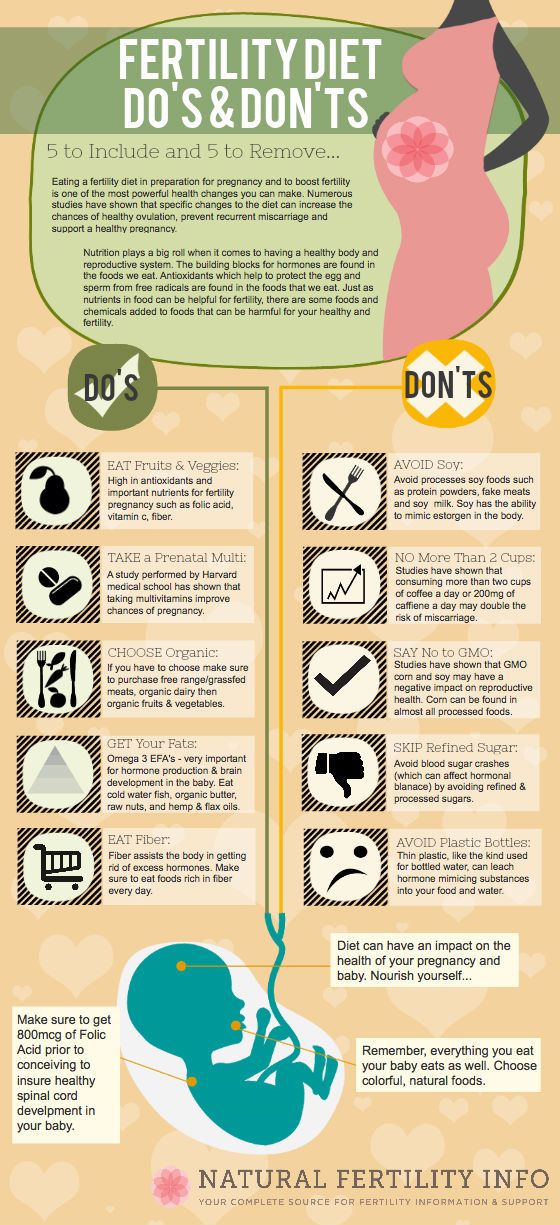
The expectant mother should also visit a dentist, therapist, otolaryngologist. At the onset of 10-12 weeks of pregnancy, a mandatory ultrasound is prescribed to exclude pronounced violations in the development of the unborn child.
If there is a suspicion of chromosomal abnormalities, especially for women over 35 years old, then a chorionic biopsy (genetic analysis) can be performed. This study in a short time makes it possible to exclude, with a high degree of probability, serious diseases and disorders in the development of a future person.
After 20-24 weeks, ultrasound can be used to monitor the intrauterine development of the child. At this time, the study shows all the organs, without difficulty, you can monitor the condition of the placenta, blood flow inside the vessels of the uterus and other important indicators.
Pregnancy lifestyle
It is necessary, of course, to lead a healthy lifestyle all your life, but if some factors periodically interfere with this, then before pregnancy and even more so during it, they must be excluded. So, for future parents, both for mom and dad, the desire for the right lifestyle should begin as early as three months before conception!
So, for future parents, both for mom and dad, the desire for the right lifestyle should begin as early as three months before conception!
It is very important to exclude the consumption of alcohol and, if not completely refuse, then minimize the number of cigarettes consumed as much as possible. Do not overheat and do not overcool, try to avoid seasonal diseases. An important factor will be to increase immunity and avoid stressful situations. In general, for this period, doctors advise to lead a more measured lifestyle: get enough sleep, fully eat right, be more happy.
You should increase the consumption of vegetables and fruits, try to eat more fish and meat, cottage cheese and a variety of dairy products. Vitamins and trace elements in them will help in the proper development of the fetus. A big plus of proper nutrition is that in this case you do not have to take additional vitamins, unless, of course, a doctor prescribes them.
Flour and sweet foods should be limited. Extra pounds will interfere with the normal course of pregnancy. Salty foods, carbonated drinks, coffee and tea should also be limited. Why do you need an extra load on the body.
Extra pounds will interfere with the normal course of pregnancy. Salty foods, carbonated drinks, coffee and tea should also be limited. Why do you need an extra load on the body.
Don't sit still! Moderate physical activity, special exercises will only benefit you and your baby. Yoga for expectant mothers has been very popular lately, it will not only help prepare for childbirth and make it easier, but also bring a lot of positive emotions and relieve stress. A visit to the indoor pool will help strengthen the muscles of the back and pelvis, and lead the spine into a hole. But it is better to limit visits to open water bodies, the water in them can be infected with serious bacteria and viruses.
Compliance with the daily routine, rest and physical activity, healthy nutrition and positive emotions, timely visits to the doctor - all this together will help you endure and give birth to a healthy baby!
Articles
Return to the list
MEdel Multidisciplinary Clinic
We are waiting for you at the addresses:
Kazan, st.
